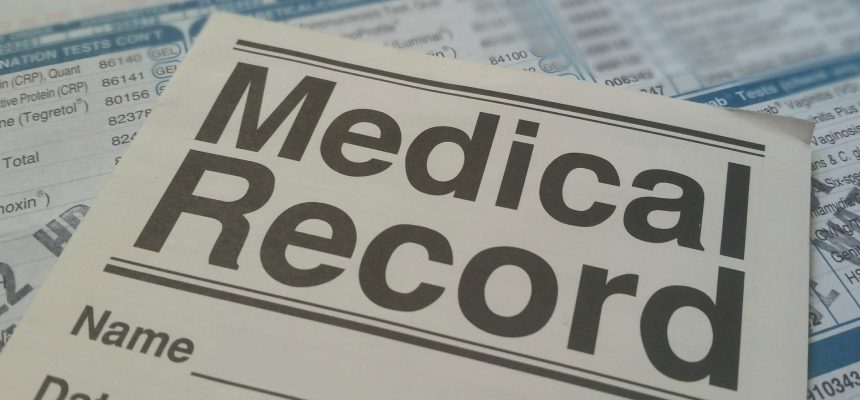Surprise Medical Bills In New Jersey Are Another Chapter In A Growing Trend
By Consumers for Quality Care, on June 6, 2017

A recent investigative article from the New Jersey Star-Ledger details one woman’s struggle with a growing trend: unexpected, out-of-network hospital billings.
Margo Anderson of New Jersey had a medical emergency and took care to go to a hospital that was considered “Tier 1” for her health plan. In other words, she went to a hospital where she would have the maximum coverage under her plan. According to the Star-Ledger:
Under the insurance plan, patients get the most coverage when they use so-called Tier 1 hospitals and practitioners. Tier 2 providers are also covered, but have significantly higher out-of-pocket costs.
Unbeknownst to Anderson, one of the doctors who consulted her during her visit was technically a Tier 2 doctor, who carried higher out-of-pocket costs under her plan.
“A doctor I didn’t know came in with an intern and a student, told me the EKG done on me was fine and tried to interest me in a risky procedure related to the blood clots in my lungs that put me in the hospital,” Anderson said. “I declined the procedure and the three left.” She never saw them again, she said. Anderson was eventually discharged by her Tier 1 doctor. All was well until April, when she received a bill for $118 from a Tier 2 doctor — the doctor who gave her the results of the EKG.
Anderson was lying in a hospital bed and had no idea the doctor who came in to her room was not completely covered under her insurance.
“Under Horizon’s OMNIA plan, you are penalized if you don’t use a Tier 1 hospital or doctor,” Anderson said. “But if I am lying in a hospital bed and a strange doctor steps in and talks to me or gives an ‘inpatient consultation’ as it says on the bill, am I supposed to ask him, “Tier 1 or Tier 2?”
Anderson’s story has become unfortunately commonplace for many Americans visiting emergency rooms across the country. A study published in the New England Journal of Medicine last year found that 22 percent of patients visiting in-network emergency rooms deal with out-of-network bills.
Surprise bills can be a heavy burden on families, with mounting evidence suggesting that health costs can permanently damage credit.




